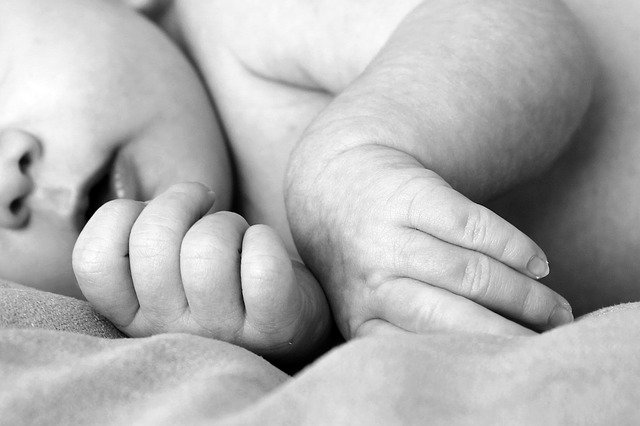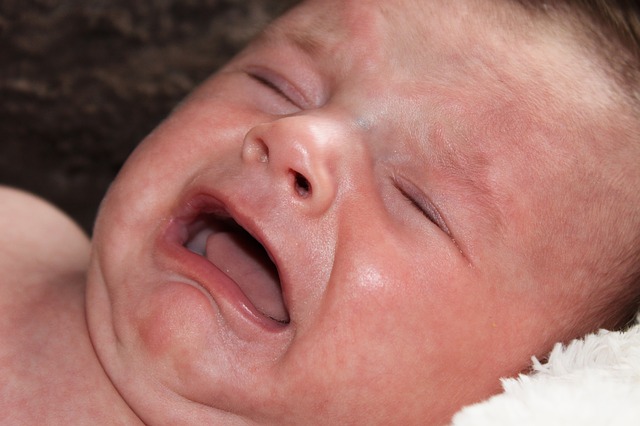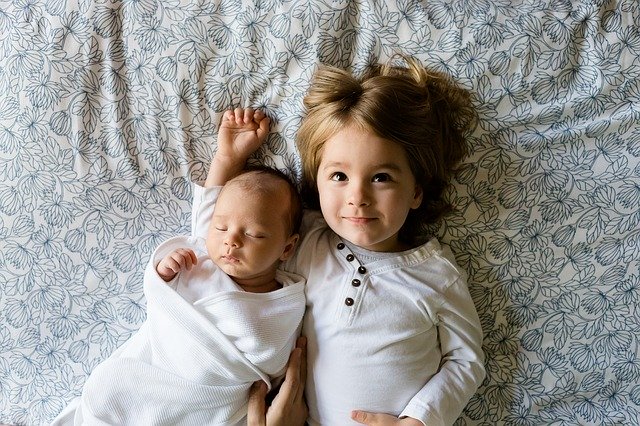Habits of receiving the newborn may differ in every part of the earth, but all peoples agree that with the presence of the newborn baby, joy and happiness descend upon his family. The Islamic religion has legalized some acts of worship and Sunnah upon the arrival of the newborn, the most important of which is the child’s’ aqeeqah, whether the aqeeqah of the boy or the female’s aqeeqah.

We will answer your questions about the ‘aqeeqah of a newborn in Islam, and what are the conditions for the’ aqeeqah for a male and female child? And when is the ‘aqeeqah for the newborn? All of them refer to the main question: how to perform the ‘aqeeqah for a newborn?
What is aqeeqah?

It is a sacrifice that is slaughtered on behalf of the newborn after his birth, and some call it an amulet or a recluse and it is a confirmed Sunnah, meaning that whoever does it will be rewarded, and there is no sin on the one who leaves it for any reason whatsoever, and it includes the goats, goats, ram and sheep.
As for the ‘aqeeqah in language, its origin is licking, cutting and cutting, and the sacrifice is called’ aqeeqah, because it tears its throat, and it is said ‘aqeeqah for the hair that comes out on the newborn’s head from his mother’s womb.
Conditions
The majority of jurists and scholars are unanimously agreed that the conditions for the ‘aqeeqah for a girl or dhikr are the same as the conditions for the Eid sacrifice, the most important of which is the safety of the’ aqeeqah from defects, and the conditions of Islamic slaughter are applied to it.
When to slaughter
According to the fatwa of the General Authority for Islamic Affairs and Endowments in the Emirates from the Sunnah, the aqeeqah is slaughtered for a male or female newborn on the seventh, fourteenth or twenty-first day of the child’s birth, according to what was narrated from the Messenger of God, may God bless him and grant him peace, “The aqeeqah is slaughtered for seven, fourteen, or twenty-one “.
As for the one who is not able to slaughter the ‘aqeeqah for the newborn at the times mentioned above because of the tightness of the situation or otherwise, it is possible for him to offer the aqeeqah whenever his affairs become easy, and an adult person who did not slaughter the’ aqeeqah for himself can also do it. Some scholars also said that it is possible to do it on the seventh, fourteenth, or twenty-first day, then after that it falls and is not required to do it.
Who
His father, or who is obligated to spend on him, whether a grandfather, a paternal uncle or a maternal uncle, is offered a sacrifice on behalf of the newborn, the Messenger of God, may God’s prayers and peace be upon him, on the authority of Hassan and Hussein, may God be pleased with them, the descendants of the Messenger of God, may God bless him and grant him peace.
The number for aqeeqah

Now we answer the question of a girl’s ‘aqeeqah or a boy’s’ aqeeqah, how much to be sacrificed? Two sheep are offered for the boy and one sheep for the female, based on a hadith about the aqeeqah of the child born on the authority of Aisha, may God be pleased with her, on the authority of the Messenger of God, may God bless him and grant him peace, who said: “There are two equivalent sheep for a boy, and on the behalf of the girl there is a sheep.”
With regard to the aqeeqah of twins, it is done separately for each newborn according to the conditions of the male’s aqeeqah or the girl’s aqeeqah in terms of the number of sacrifices.
Distributing the aqeeqah for the new born
We also mentioned that the ruling on the aqeeqah is the same as the sacrifice, i.e. it is possible to eat from it and give it in charity and distribute it to family and relatives as he wishes and as much as he wants. In a small amount.
It should be noted that restaurants in Abu Dhabi and other Emirates are fully prepared to prepare the aqeeqah for the newborn for a banquet.
Habits of receiving a new baby in UAE
The arrival of the newborn to the Emirati family is one of the most important manifestations of happiness, as this kind people bless the abundance of children as they are the honor of the family and the family. From the time the child cries out the first cry of life until the ceremonies of celebrations inherited from the Emirati culture begin, and you begin to apply the Sunnah of the Prophet that the father calls the call to the child’s right ear and performs the prayer in the left ear.
The mother is preparing to receive her guests, including relatives and friends, to bless her with the new baby, and hospitality is dedicated to this happy occasion. As for talking about the aqeeqah, it is one of the present Sunnahs that are applied in the culture of the Emirati people, and it is customary to invite relatives to the feast of aqeeqah for the newborn, and part of it is distributed to the poor and needy.
Places to buy aqeeqah
Parents may appoint someone they trust to perform the ‘aqeeqah for a newborn child, and charities in the UAE are responsible for performing the’ Aqeeqah for the newborn and distributing it to the poor and needy on their behalf, including the Dar Al Ber and Red Crescent Society.
Slaughterhouses
But if you want to buy the carcass yourself and supervise its slaughtering, then you must go to the slaughterhouses supervised by the municipalities that are spread throughout the United Arab Emirates. Some of them include in Abu Dhabi and Dubai:
SLAUGHTERHOUSES OF ABU DHABI
- Public slaughterhouse
- Magnanimity
- Bani Yas
- Al Wathba Slaughterhouse
- Automated slaughterhouse
DUBAI SLAUGHTERHOUSES
- Al Qusais Slaughterhouse
- Slaughtered Al Goz
- Hatta slaughterhouse
- Al Lisaili slaughterhouse




![The Top & Most Popular Seafood Bucket Restaurants in Dubai for you [Never Miss]](https://uae24x7.com/wp-content/uploads/2020/09/8-seafood-in-a-bucket-scaled-e1600739237403.jpg)
![Procedures for Renewing the Driving License in Abu Dhabi [3 Simple Steps]](https://uae24x7.com/wp-content/uploads/2020/07/Capture-9-e1595666454466.jpg)





